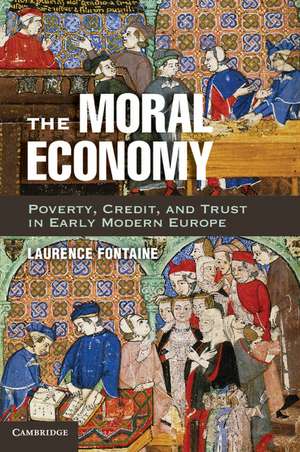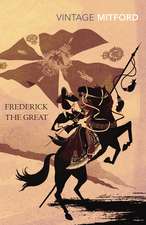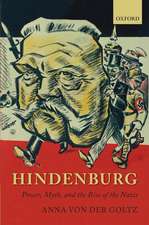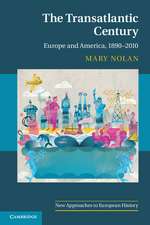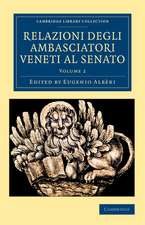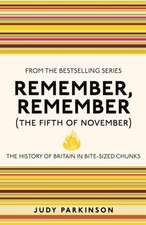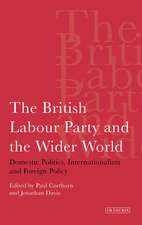The Moral Economy: Poverty, Credit, and Trust in Early Modern Europe
Autor Laurence Fontaineen Limba Engleză Paperback – 6 apr 2014
Preț: 238.72 lei
Nou
Puncte Express: 358
Preț estimativ în valută:
45.68€ • 48.85$ • 38.09£
45.68€ • 48.85$ • 38.09£
Carte tipărită la comandă
Livrare economică 18 aprilie-02 mai
Preluare comenzi: 021 569.72.76
Specificații
ISBN-13: 9781107603707
ISBN-10: 1107603706
Pagini: 325
Dimensiuni: 152 x 227 x 18 mm
Greutate: 0.45 kg
Ediția:New.
Editura: Cambridge University Press
Colecția Cambridge University Press
Locul publicării:New York, United States
ISBN-10: 1107603706
Pagini: 325
Dimensiuni: 152 x 227 x 18 mm
Greutate: 0.45 kg
Ediția:New.
Editura: Cambridge University Press
Colecția Cambridge University Press
Locul publicării:New York, United States
Cuprins
Introduction; Prologue; 1. Poverty, credit and social networks; 2. Peasants and debt logic; 3. The elite and debt logic; 4. Urban financial microcircuits; 5. Women's economic spheres and credit; 6. Between bank and assistance: setting up pawnshops; 7. The battle of prohibitions against usury; 8. Political economies and cultures of exchange; 9. Political economy and exchange practices; 10. Building trust; Conclusion.
Recenzii
'The Moral Economy, a fascinating book by a seasoned social historian, is motivated by the question of whether the premodern moral economy holds any lessons for how future generations should approach social problems. Lamenting the extent to which contemporary politics has become dominated by modern economics, Laurence Fontaine begins her book by posing the question, 'Is there an alternative to this new form of savagery that economic liberalism has become?' …' Carl Wennerlind, The Journal of Modern History
Notă biografică
Descriere
The Moral Economy analyzes the nexus of poverty, credit, and trust in early modern Europe.
